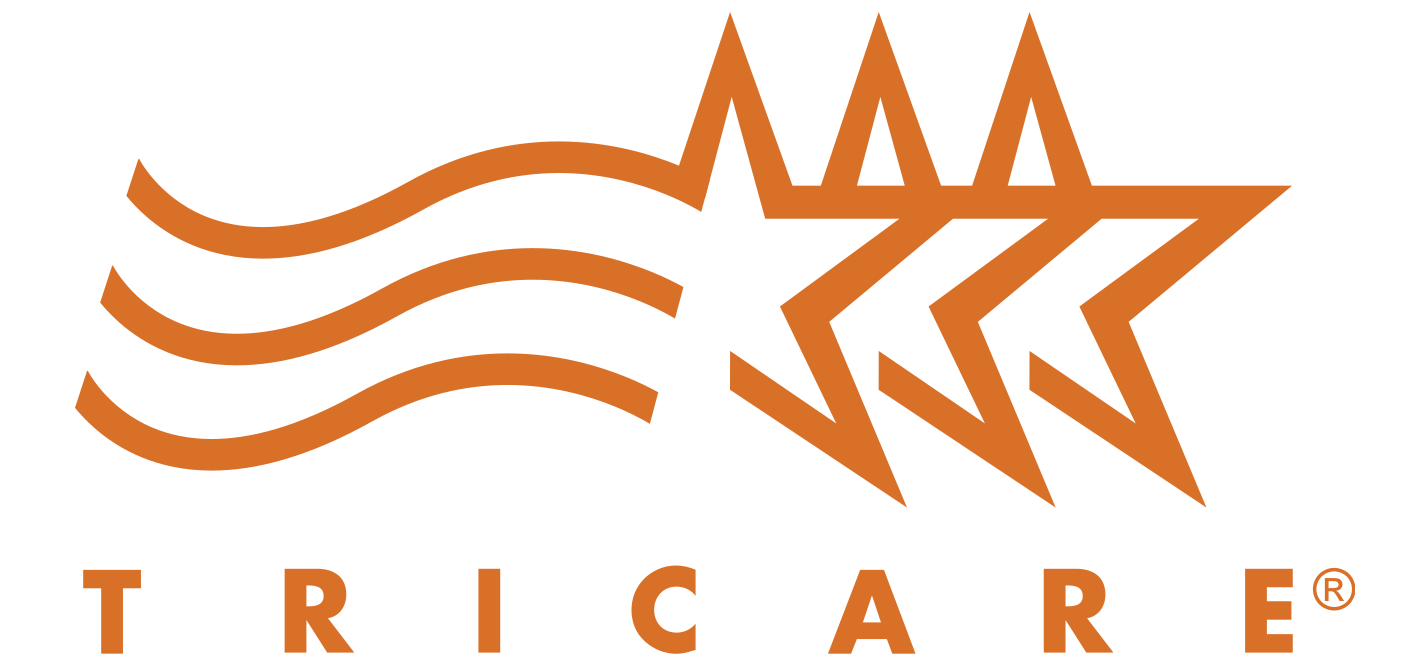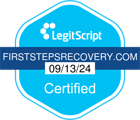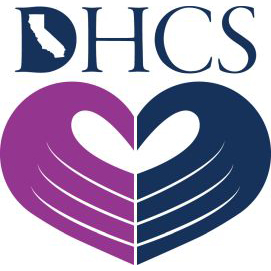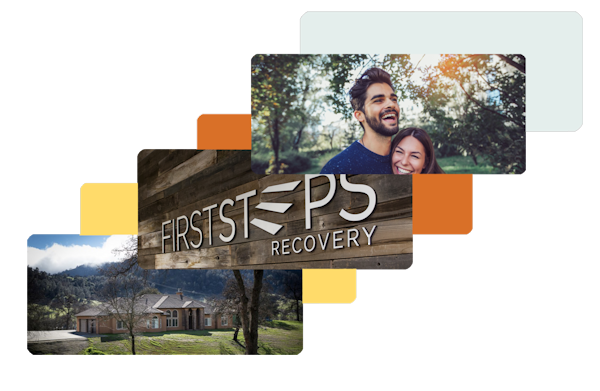First Steps Recovery is located in Fresno County, California and is designed to serve the needs of people from all walks of life. Our facility is accredited by the Joint Commission, certified by LegitScript, and is a licensed DHCS residential facility for detox. We offer residential rehab, medical detox, PHP, IOP, and a special online version of our PHP and IOP programs for citizens of Sacramento and beyond. We are proud to offer assistance to veterans and count several veterans among our staff. Our four treatment centers are separated by treatment type and patient gender, and we are proud to provide treatment to the LGBTQIA+ community. We offer the full continuum of care for overcoming addiction and co-occurring mental health conditions.



Check your insurance benefits for coverage of addiction treatment services.
"*" indicates required fields









With over a decade of experience providing high-quality addiction treatment in Clovis, we are proud to expand our services to the Sacramento community. Our detox residential treatment program for men and general outpatient treatment program are designed to serve individual treatment needs in a beautiful location.

Our Clovis program offers targeted detox programs for both men and women, as well as residential treatment options also separated by gender. Mixed-gender outpatient treatment is available for people looking for recovery support without the intensity of an inpatient program.
First Steps Recovery offers the full continuum of care in addiction recovery in a luxurious and relaxing treatment setting. Our inpatient addiction treatment facility is conveniently located in Clovis, Fresno County, making it your best choice for detox and rehab in Central Valley, California.






Dayatra L.
Melissa B.
Bruce G.
Have questions about how our alumni program works? Let's talk.










First Steps Recovery is an in-network provider with most insurances! Regardless of where you live, our skilled and compassionate addiction treatment counselors in Fresno can help you and your family get the help you need to get on the road to recovery.

We’ve got answers.
Yes – First Steps Recovery is a fully licensed and accredited addiction treatment facility in Fresno, California. Accredited by the Joint Commission, licensed DHCS residential facility for detox, and certified by LegitScript.
Yes – First Steps Recovery accepts PPO insurances and is in-network with most major insurance providers. Please check your coverage for addiction treatment here.
The amount of time a client can expect to spend in our programs here at First Steps Recovery will vary from person to person. We want to ensure that each of our clients gets the time they need in order to develop the coping strategies and tools needed to achieve and maintain long-term sobriety.
Expected Timeline for Addiction Treatment in Fresno, CA
Medical Detox: 7 days for (contingent on substances the person is detoxing from)
Residential Treatment (RTC): 30 days (contingent on insurance company and authorization policy)
Partial Hospitalization Program (PHP): 20 days (contingent on insurance company and authorization policy)
Intensive Outpatient Program (IOP): 60 days (contingent on insurance company and authorization policy)
*Extended support services outpatient including psychiatry, family support therapy, couples therapy, individual therapy, group therapy, bio feedback, TMS are available through our counseling and psychiatry institute in Fresno.

Have questions about First Steps Recovery? We're here to help.
© Copyright 2023 • First Steps Recovery • All Rights Reserved